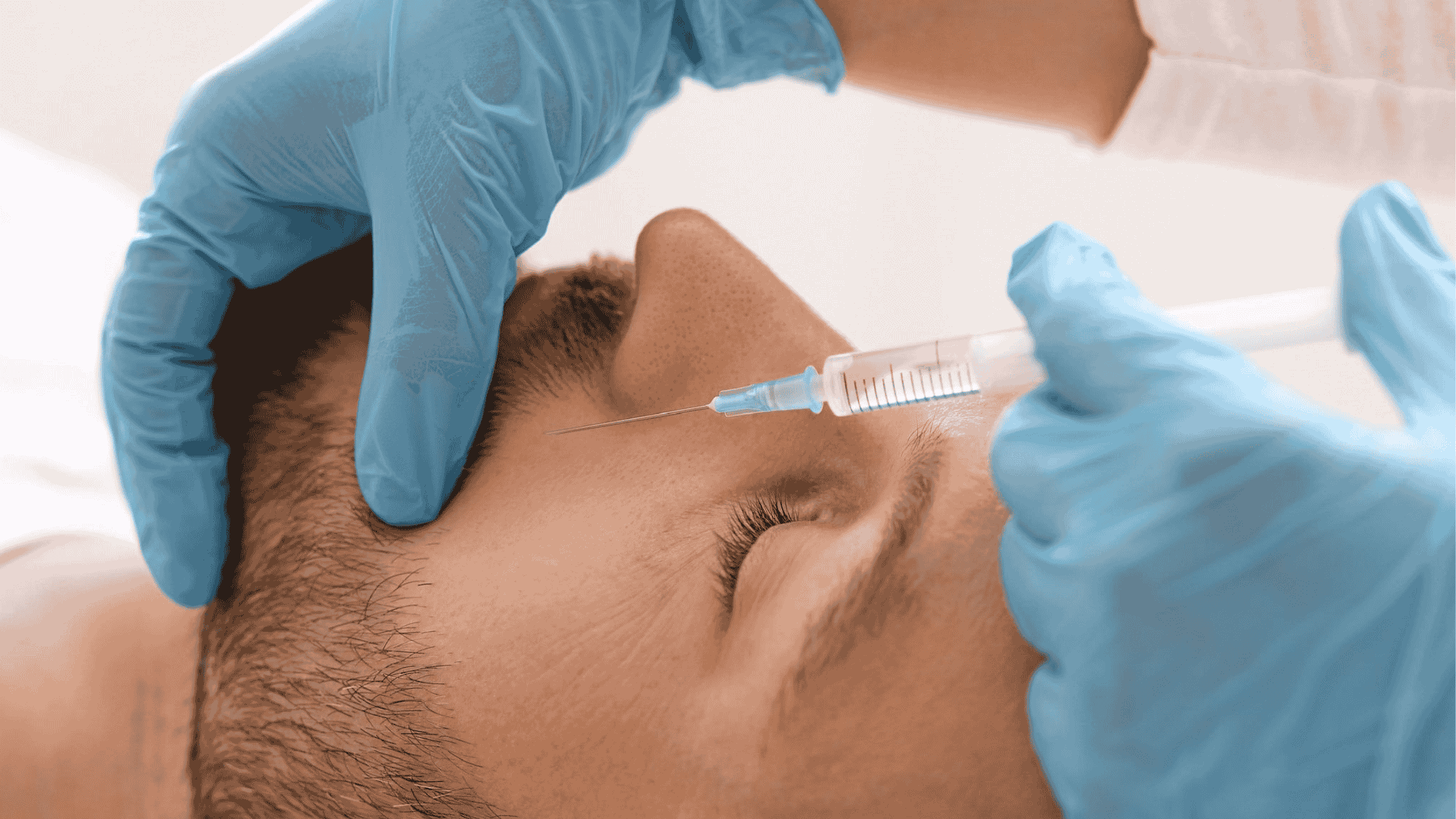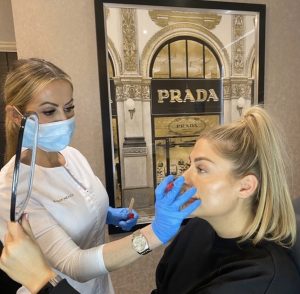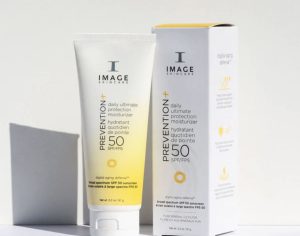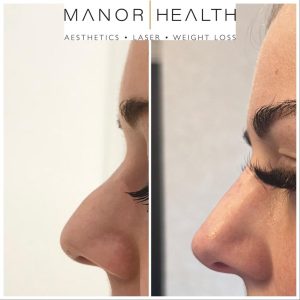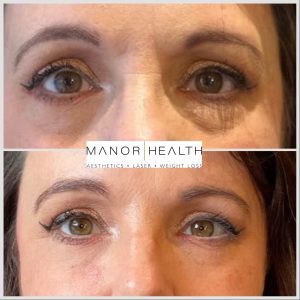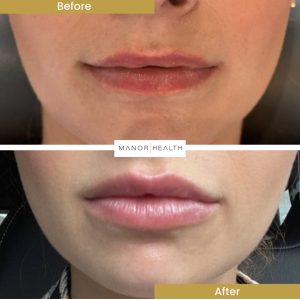Dermal fillers have always been popular choice for customers at our clinic Manor Health in Leeds. They offer a non-invasive way to restore volume, smooth lines, and enhance facial contours. But, while results can be immediately satisfying, they’re not permanent.
How long do dermal fillers last?
On average, fillers can last anywhere from 6 to 18 months, depending on the type used and where they’re injected. The good news? With the right aftercare and lifestyle habits, you can maximise the life of your fillers and enjoy your refreshed look longer.
Here are some expert-backed tips from our founder, Maria Jacobs, to help you get the most out of your dermal filler investment.
How to make your dermal fillers last longer:
1. Follow the Aftercare Instructions Closely
Immediately after your treatment, we provide specific aftercare instructions. These may include:
Avoid touching or massaging the area (unless advised to do so).
Avoid strenuous exercise, saunas, or hot environments for 24–48 hours.
Skip alcohol and blood-thinning medications (like aspirin) for a day or two to reduce bruising and swelling.
Proper aftercare during the first 48 hours is crucial to help the filler settle properly and prevent complications.
2. Keep Your Skin Hydrated
Hydration is essential, both inside and out. Many fillers, especially those made from hyaluronic acid, attract and hold water. Drink plenty of water daily and use a hydrating moisturiser to support skin elasticity and plumpness.
3. Protect Your Skin from the Sun
UV exposure can accelerate the breakdown of dermal fillers and contribute to premature ageing. To prolong your results:
Apply a daily broad-spectrum sunscreen even on cloudy days. Here at Manor Health, we recommend Image Skincare SPF 50, it is a fantastic product and feels great on your skin!
Wear hats and sunglasses when outdoors.
Avoid tanning beds and long periods of direct sun exposure.
4. Minimise Stress and Get Enough Sleep
Stress and lack of sleep can negatively impact your skin and overall health. High cortisol levels may break down collagen and contribute to inflammation, which can shorten the lifespan of your fillers. Aim for:
7–9 hours of quality sleep per night.
Stress management techniques such as yoga, meditation, or light exercise.
5. Adopt a Filler-Friendly Skincare Routine
Using high-quality skincare products can help support and extend the benefits of your dermal fillers. Consider incorporating:
Antioxidants (like vitamin C) to protect against environmental damage.
Retinoids or retinol (used with caution and under advice if you’re new) to boost collagen production.
Peptides and growth factors to nourish and repair skin.
We will always advise on the best skincare regime for your individual needs.
6. Avoid Smoking and Excessive Alcohol
Smoking really accelerates skin ageing and may reduce blood flow to the skin, leading to faster filler breakdown. Likewise, excessive alcohol consumption can dehydrate your skin and worsen inflammation. Cutting back on both can help maintain your results longer.
7. Schedule Regular Maintenance Appointments
Dermal fillers don’t last forever, so regular touch-ups can help maintain your look. Try not to wait until everything wears off. We can schedule in maintenance appointments that suits your goals.
Dermal Fillers Before & Afters:
Have questions about filler longevity or aftercare?
Contact the team at Manor Health who can give you personalised recommendations based on your skin type, filler choice, and lifestyle. We offer a No Obligation Consultation and would welcome the opportunity to discuss your goals and aspirations.
Here’s some further information on common questions about dermal filler longevity:
How long does it take for dermal fillers to settle?
Dermal fillers typically settle within 1–2 weeks, allowing swelling to reduce and results to look more natural.
How long does swelling last after dermal fillers?
Mild swelling from dermal fillers usually lasts 24–48 hours, but it can take up to 1 week to completely resolve.
What happens to dermal fillers over time?
Over time, dermal fillers gradually break down and are naturally absorbed by the body, leading to a slow fading of results.
What happens when dermal fillers wear off?
When dermal fillers wear off, your skin will gradually return to its natural appearance without any sudden changes.
Can dermal fillers be permanent?
Most dermal fillers are temporary, lasting 6–18 months, though some permanent options exist but are less commonly recommended as they cannot be dissolved.
Can dermal fillers move?
Dermal filler migration is rare but can happen if aftercare instructions aren’t followed; choosing an experienced injector reduces this risk.
How long after dermal fillers can I exercise?
It’s best to avoid exercise for 24–48 hours after dermal fillers to reduce swelling and help the filler settle properly.
How to sleep after dermal fillers?
Sleep on your back with your head slightly elevated for the first couple of nights to avoid pressure on the treated area.
Can you drink alcohol after dermal fillers?
You should avoid alcohol for 24–48 hours after dermal fillers, as it can increase swelling, bruising, and slow down healing.
Can you exercise after dermal fillers?
Yes, but only after 24–48 hours—early exercise can cause filler migration, swelling, and bruising.

